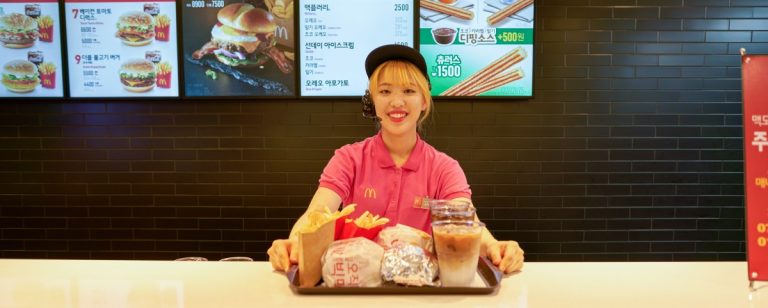
Just under half of all jobs will be taken over by computers within the next 20 years.
At least that’s what a study conducted by Oxford University concluded a few years ago.
In more recent news, Mark Cuban, owner of the Dallas Mavericks, claimed that individuals who hold Liberal Arts degrees will be in especially high demand when this takeover happens.
By Cuban’s reasoning, employers will want individuals with these paper achievements because they possess the necessary critical thinking skills to rival the largely automated future.
This is an uncommon opinion, and one that goes against the unfortunate stigma of the Liberal Arts discipline – that a degree in this area is a waste of money with few job prospects. This is an unjust view, however, and even somewhat elitist.
Yet, it is doubtful that the Liberal Arts alone will save an individual’s job from automation.
The Liberal Arts is an interdisciplinary focus on humanities, social sciences and the arts. Popular graduate jobs for a Liberal Arts degree include Journalism, Economics, Sales and PR positions.
Unfortunately, these fields too could potentially face automation. Technology doesn’t discriminate.
There is the assumption that automation will only affect roles that require a vast amount of manual labour. Anything routine and monotonous is easier for a machine to carry out.
However, there is now evidence of robots completing more “creative” tasks.
China’s Xinhua News Agency, alongside tech firms in Beijing and Shanghai, this year developed its very own robot reporter named “Inspire”, who is competent in collecting data and capable of conducting interviews.
As China marks Youth Day on May 4th, Xinhua's robot reporter "Inspire" visits Peking University and talks to students pic.twitter.com/uemiIal4JA
— China Xinhua News (@XHNews) May 4, 2017
In January, China’s Southern Metropolis Daily Newspaper published its very first article using its robot reporter, “Xiao Nan”. The 300 character-long article was written in just one second – an amazing achievement and something not humanly possible.
Speaking with China Daily, Wan Xiaojun, a Professor at Peking University and robot developer, said:
“When compared with the staff reporters, Xiao Nan has a stronger data analysis capacity and is quicker at writing stories.”
This could be extremely beneficial for breaking news reports, especially in a cutthroat media industry where news outlets are in a constant battle to be the first and the fastest.
The professor goes on to note that this doesn’t mean the total replacement of reporters, however, as artificial intelligence doesn’t mean the ability to respond intuitively with follow-up questions or select news angles.
Chinese robot reporter Xiao Nan completes long article in just a second!#technology #sciencehttps://t.co/hTMQNoyb7k pic.twitter.com/eDEgfsBXNi
— Daily Times (@dailytimespak) January 20, 2017
But the technology exists, so this could very well be possible with further development, no different from man, who has to develop new skills in order to remain useful.
“The robots will keep learning, but you will also get better.”
This is echoed by Tom Collins, a multi-award-winning journalist and Professor of Communications, Media and Culture at the University of Stirling in Scotland.
“We must constantly respond to change, learn new things and be prepared to move into areas of endeavour we had previously not contemplated. It does not matter what your degree is in, change is an inevitable force of nature.”
He continued:
“What we have to do is to use human ingenuity to manage that change and maximise the benefits. Human beings are wilful, capricious, spontaneous, and think and act in ways that cannot be replicated by machinery. I hope that our creativity, imagination and capacity to think beyond the immediate will ultimately protect us from the tide of automation.”
In short, the robot revolution seems to be targeting jobs in most fields. Tasks that require a high amount of human interaction, creativity and innovation, seem to be key in remaining an integral part of the workplace. These abilities do not depend on holding a Liberal Arts degree, just as holding this degree doesn’t necessarily make one a creative individual.
The future belongs to those who adapt and develop both their practical and critical thinking skills. These are the individuals who will hold down their job in the midst of the robot overhaul.
Liked this? Then you’ll love these…
5 courses to graduate in so robots won’t steal your job
If robots can read and write better than us, it’s time to reform education – TED 2017







